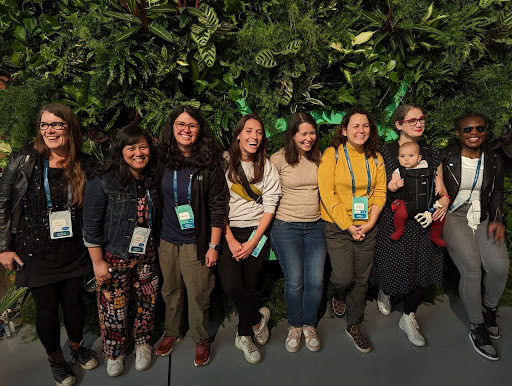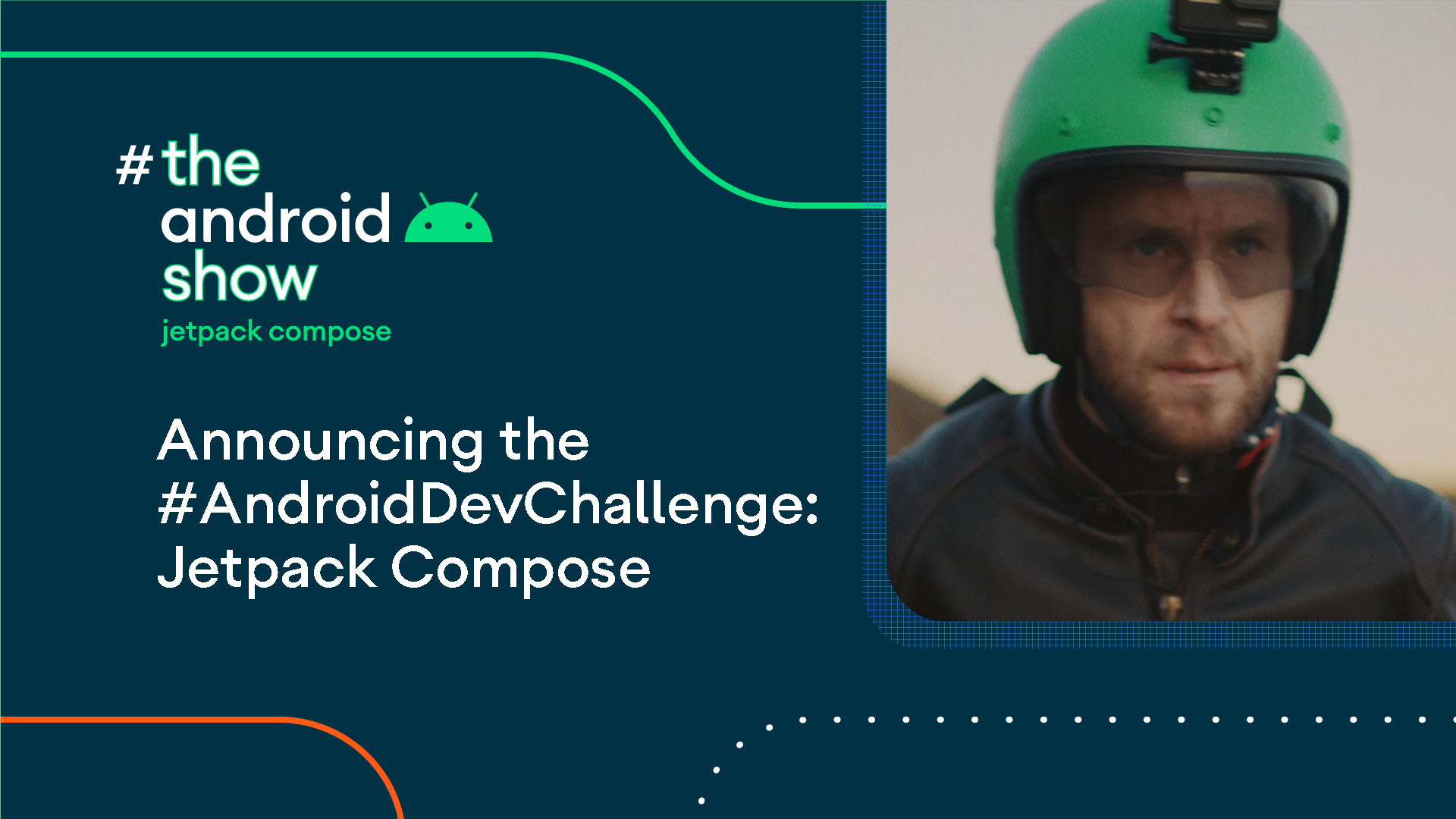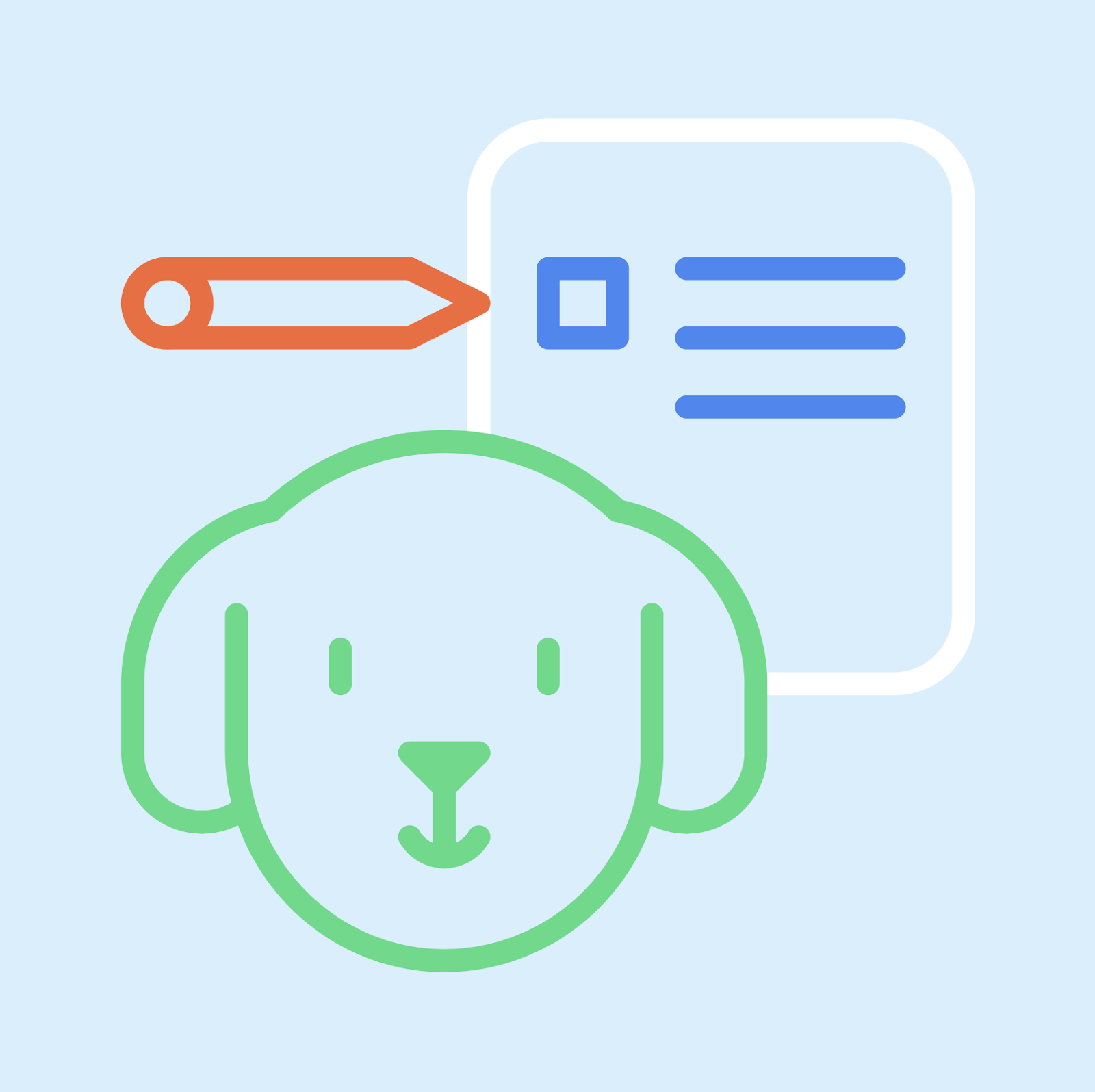Posted by Rebecca Gutteridge, Senior Developer Relations Engineer
Hey there! I’m Rebecca Gutteridge, Senior Developer Relations Engineer at Google. As someone who has been working closely with developers to understand how we can make the Android platform better, I’m passionate about helping developers improve their app quality to create amazing experiences for users. In 2022 we announced Android Studio’s App Quality Insights (AQI) window which enables developers to discover, investigate, and reproduce issues reported by Firebase Crashlytics, directly within the context of your local Android Studio project. This is a big step in how Android developers can improve their app stability, and I wanted to learn more about the evolution of how mobile developers have managed crashes throughout the years. You can watch the behind the Scenes video on AQI here, and within the latest episode of #TheAndroidShow.
Early Days of Crash Management
I first chatted with Annyce Davis, VP of Engineering at Meetup and Android GDE. She has been in the mobile development space since 2010 and had a lot of hands on experience helping debug user experiences.
“In the early days, developers cared deeply about user crashes, but they didn’t have the tools to replicate or debug the issue, or to understand which users were being impacted. I remember spending lots of time trying to reproduce issues based on minimal information from bug reports.
One time I remember attempting to debug an experience only happening in a specific country, and no matter how many times I tried, I was unable to reproduce it. It wasn’t until I traveled there in person, I realized people were often using 2G. It never dawned on me to check the connection type!” -Annyce Davis
 |
Firebase Crashlytics Changes the Game
Crashlytics was introduced in 2011 and it has helped developers track, prioritize, and fix app crashes faster. Annyce told me this was a game changer for crash management.
 |
“We could now know which devices were experiencing issues, could be notified of trending issues, and finally we were able to show non-technical stakeholders crashes visually, to create buy-in for urgent work.
My team received crash reports for a particular screen of the Meetup app, but we could never reproduce the issue given how inconsistent it was. First, Crashlytics helped us narrow down which feature to examine. We found a crash that was due to a null pointer exception on data that we never expected to be null, so it didn’t seem like the crash could even be possible! An engineer on my team was able to use this data from Crashlytics to uncover that the source was a race condition that would lead to the null, and then he was able to fix it.” -Annyce Davis
Behind the Scenes of AQI
I wanted to learn more about the idea behind AQI, so I chatted with David Motsonashvili, a software engineer on the Firebase team who worked on the initial prototype.
“The original idea for the integration came from a quarterly Hackweek, where we were able to experiment on our own projects. We know Android developers use both Firebase console and Android Studio, so I had an idea to integrate Firebase into Android Studio to reduce their need to switch between the two.
The first prototype for this project was actually an integration with Firebase Performance Monitoring and Android Studio, but we realized Crashlytics would have a much bigger impact on developer workflow as an integration in Android Studio, so we pivoted in that direction instead, and the rest is history!” -David Motsonashvili
 |
I loved that the idea came from wanting to help developers and make our tools easier for them to use! I asked David if he had any fun stories about the project.
“We had to be really scrappy about showing our test app's Crashlytics crash data in the IDE because of limitations we had with the API. It was a really fun project to figure out how to work around this during Hackweek!” -David Motsonashvili
I wanted to better understand how AQI evolved from being an idea during Hackweek, to where it is today.
“Once we launched the early developer preview we tested this with a few internal Google teams, and they loved it! We also started testing this with Android developers as part of an early access program. Some of the companies we talked to were Adobe, Luno, and Meetup. They had really valuable feedback that directly contributed to the roadmap. One example is when we learned many teams needed a place to collaborate within AQI, so we of course moved forward with adding the Crashlytics notes feature into AQI.” -David Motsonashvili
![Moving image of quote text reads 'Directly solves one of our big pain points - Adobe Acrobat Reader' and 'Helps keep my finger on the pulse and resolve issues quickly [...] without leaving Android Studio - Maia Grotepass, Luno'](https://blogger.googleusercontent.com/img/b/R29vZ2xl/AVvXsEgD6aaAnioYzMIFhn_eMp2GHPItoACe-90Ad15TF7ZDPwijfOisj10CrNMRfkBReo_yBlNKjA2qzD2oi7x9yErlIID7dE508AxXPGtBxM3n-gePkmH4SqlmjFLKwFw_z_VoPQnzuqy68tUGI752A_VexeluCJaZ77SaoXPx0-BV0UKcKXCmHZwVf5YW/s1600/image3.gif) |
Modern Crash Management
Annyce and her team were early testers of AQI, and it was fun to learn about what they thought of the feature.
“I was truly happy to be able to go directly from a link in the stacktrace to the code. It was the feature in Android Studio that you never knew you needed! I especially like that you can filter issues based on the different variants in your app. Every engineer that I know and work with is passionate about delivering performant, quality code. App Quality Insights is the next step in the evolution of crash management, it can help engineers have more agency over addressing crashes while they also work on exciting new features.” -Annyce Davis
We’ve certainly come a long way with the tools developers have to manage bugs and crashes.
 |
Get started with AQI
If you’re ready to try AQI out for yourself, download the latest version of Android Studio. You can also view the documentation, guide on medium, and our demo video to learn more about how to use it.








